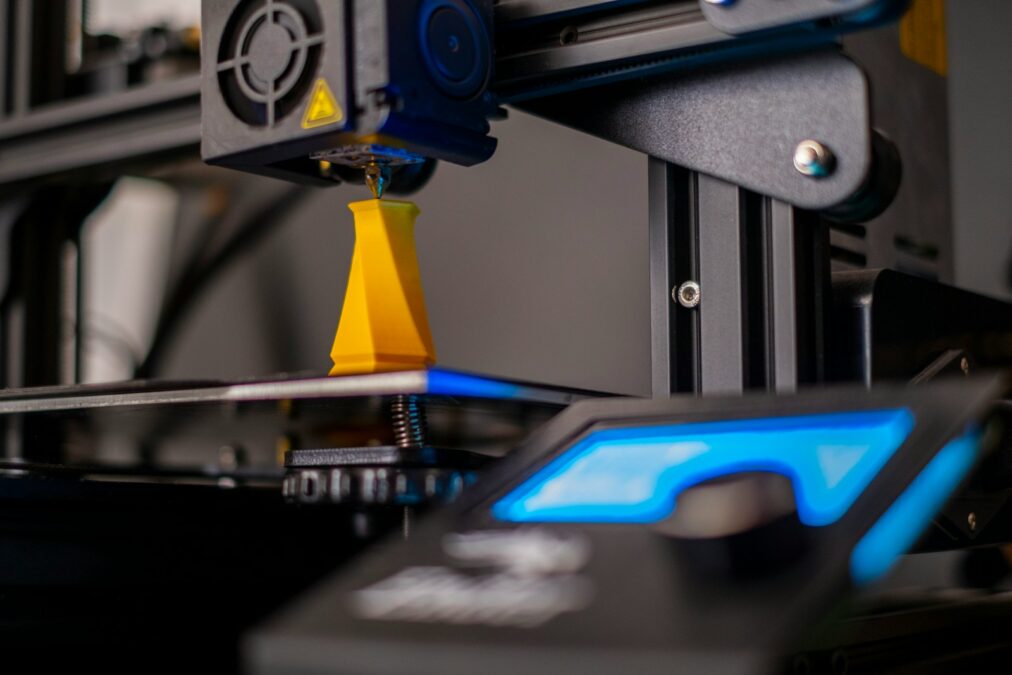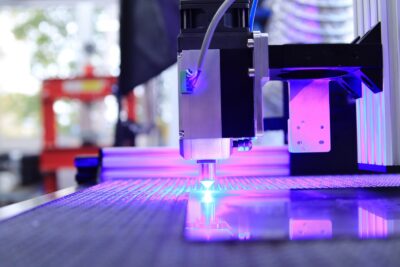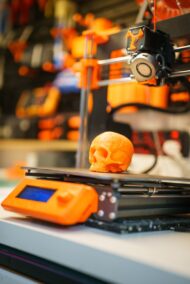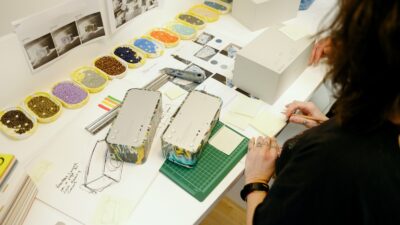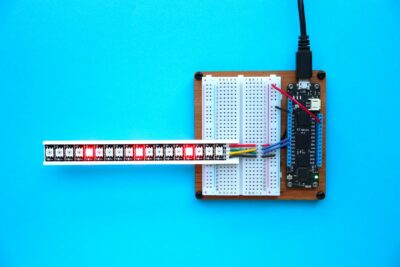The Role of 3D Printing in Consumer Product Customization
Empowering Personalization through 3D Printing
The advent of 3D printing technology has revolutionized the way consumer products are designed and manufactured, offering unprecedented opportunities for customization. In Saudi Arabia and the UAE, where consumer preferences are diverse and dynamic, 3D printing capabilities are empowering brands to offer personalized products that resonate with individual customers. From customized apparel and accessories to bespoke home decor items, 3D printing enables brands to deliver unique and one-of-a-kind products tailored to each consumer’s tastes and preferences. This level of personalization not only enhances the overall shopping experience but also fosters stronger connections between brands and their customers, driving loyalty and satisfaction.
One of the key advantages of 3D printing in consumer product customization is its ability to produce complex and intricate designs with ease. Traditional manufacturing methods often impose limitations on design complexity, making it challenging to create highly detailed products. However, 3D printing eliminates these constraints by allowing designers to bring their creative visions to life with precision and accuracy. This flexibility enables brands to offer a wide range of customizable options, from intricate patterns and textures to unique shapes and forms. As a result, consumers have the freedom to express their individuality and style through personalized products that reflect their personality and preferences.
Moreover, 3D printing facilitates on-demand manufacturing, enabling brands to produce customized products quickly and efficiently. In Riyadh and Dubai, where consumers expect fast and convenient shopping experiences, on-demand 3D printing services are gaining popularity among forward-thinking brands. By leveraging 3D printing technology, brands can minimize inventory costs and waste associated with mass production, while also reducing lead times and shipping distances. This not only benefits the environment but also allows brands to offer more sustainable and eco-friendly products to environmentally conscious consumers. In this way, 3D printing is not just a tool for customization but also a catalyst for positive change in the consumer products industry.
Driving Innovation and Differentiation in Consumer Products
Innovation is a key driver of success in the consumer products industry, and 3D printing is at the forefront of driving product innovation and differentiation. By enabling brands to create unique and highly customizable products, 3D printing fosters a culture of innovation that sets brands apart from their competitors. In Saudi Arabia and the UAE, where consumers value creativity and originality, brands that embrace 3D printing are well-positioned to capture market share and build brand loyalty. Whether it’s designing custom smartphone cases, personalized jewelry, or bespoke furniture pieces, 3D printing offers endless possibilities for brands to innovate and differentiate themselves in the marketplace.
Furthermore, 3D printing opens up new avenues for collaboration and co-creation between brands and consumers. Through online platforms and design marketplaces, brands can engage directly with their customers to co-design and personalize products in real-time. This collaborative approach not only strengthens brand-consumer relationships but also provides valuable insights into consumer preferences and trends. By involving consumers in the design process, brands can create products that are truly reflective of their needs and desires, leading to higher levels of satisfaction and engagement. In this way, 3D printing is not just a technology but a catalyst for creativity and co-innovation in the consumer products industry.
In conclusion, 3D printing is transforming the consumer products industry by unlocking new opportunities for customization and innovation. In Saudi Arabia and the UAE, where consumer preferences are diverse and discerning, 3D printing capabilities are empowering brands to offer personalized products that resonate with individual customers. By harnessing the power of 3D printing, brands can create unique and highly customizable products that drive customer satisfaction, loyalty, and brand differentiation. As 3D printing technology continues to evolve, its impact on the consumer products industry will only grow, shaping the future of retail and consumer engagement in the digital age.
Embracing the Future of Consumer Product Customization
As 3D printing technology advances, the future of consumer product customization holds immense promise for brands and consumers alike. With continued innovation and adoption of 3D printing, brands can further elevate the level of personalization offered to consumers, creating truly unique and memorable products. From personalized fashion and accessories to customized home decor and electronics, the possibilities are endless. By embracing the future of 3D printing-enabled customization, brands can stay ahead of the curve and meet the evolving needs of today’s consumers. This shift towards personalized products not only enhances the shopping experience but also fosters deeper connections between brands and consumers, driving long-term loyalty and success.
#3Dprinting #consumerproducts #customization #SaudiArabia #UAE #innovation #technology #retail #branding #personalization

